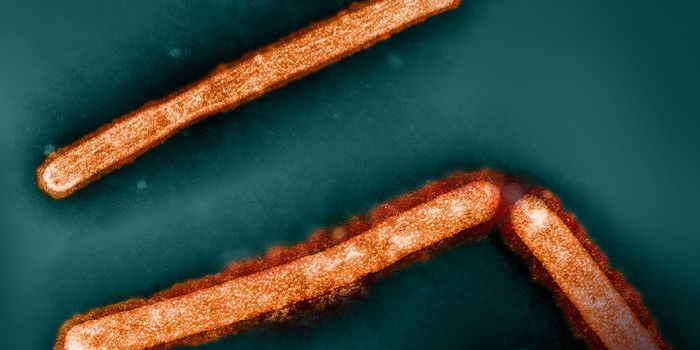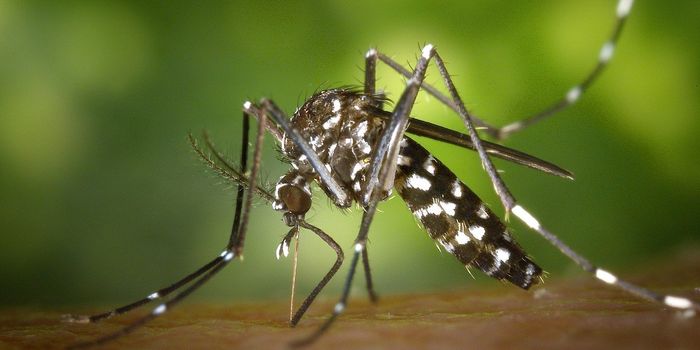Treatment for Borderline Personality Disorder: Dialectical Behavior Therapy (DBT)
Borderline personality disorder (BPD) is defined by the "Diagnostic and Statistical Manual, 5th Edition (DSM-5), as a chronic disorder that includes symptoms such as frantic efforts to avoid real or imagined abandonment, unstable relationships, identity disturbance, impulsive and dangerous behaviors, recurrent suicidal threats or self-mutilating behaviors, affective instability, feelings of emptiness, difficulties controlling anger, and/or stress-related paranoid thoughts or dissociation.." BPD is associated with higher healthcare expenditures than major depressive disorder (MDD) because of frequent hospitalizations and ER visits as well as greater utilization of outpatient services. Approximately 135 million people globally suffer from BPD with severe problems regulating their emotions. Those that have BPD tend to have a "favorite person," an individual that they prefer to be around above all others and feel they can't live without. Favorite person syndrome is fairly common as well and can cause several subset issues of its own.
Marsha Linehan, PhD., ABPP, developed Dialectical Behavior Therapy (DBT) in the early 1990s as a treatment for women who experience parasuicidal behavior. This behavior consists of acute self-injury, with or without the ideation of suicide, and self-mutilation. In the1990s, Dr. Linehan had a very personal interest in helping people who were chronically suicidal. She spent 26 months in an inpatient unit in the early 1960s. At that time, there was no diagnosis for BPD and was first diagnosed with schizophrenia. Sedating medications, Freudian analysis, and electroconvulsive therapy did not affect her self-harming behaviors and disturbing experiences with extreme emotional states. In 1998, she founded the Linehan Institute. The following quotation is at the top of its website:
“My life was very erratic, suicide attempts and suicidal ideations, for many years. I was hospitalised either on a voluntary basis or, more often than not, detained under the Mental Health Act. I literally went from one crisis to another. I couldn’t cope with personal life, my mind was in a constant turmoil, I ruminated about the past, and catastrophised about the future.”--Marsha Linehan
DBT has helped millions of people because it effectively treats the symptoms of BPD where no other treatment--medication and therapy--was effective in reducing all areas of difficulty for BPD patients.
In DBT, the term 'dialectical' refers to the necessity for acceptance and change to be integrated into a program to promote improvement in the BPD patient. Helping people develop healthier coping skills is the hallmark of DBT. A traditional DBT program consists of individual therapy, a skills training group, telephone consultation with the therapist, and weekly collaboration by the DBT team. When a person enters into a DBT program, he/she will go through four modules where different skills are taught. These modules include mindfulness, interpersonal effectiveness, emotion regulation, and distress tolerance. Core mindfulness is central to the entire DBT program and is incorporated into the other three modules.
Pharmacologic intervention is not recommended for symptoms and behaviors related to BPD, and the National Institute of Health and Clinical Excellence (NICE) published guidelines concerning prescribing psychotropic medications. Even though these policies have been set in place, patients with BPD are prescribed medications more often than any other diagnosis. The use of drugs for comorbid conditions such as MDD and anxiety, but clinicians should not depend on them to be efficacious for BPD symptoms and behaviors. DBT is the gold standard for treatment of BPD reducing the need for medications and ER visits by 90%.
Living mindfully can be a difficult concept to master as most people go through their days trying to multitask, judging others and themselves, and disconnecting from their feelings and worlds. Living mindfully involves remaining in the present and not worrying about the past we cannot change and the future, which has not happened. It is about recognizing each moment as it comes without placing judgments and becoming aware of feelings and thoughts without acting impulsively. When mindful living is achieved, life is experienced as it comes without worrying about the future.








